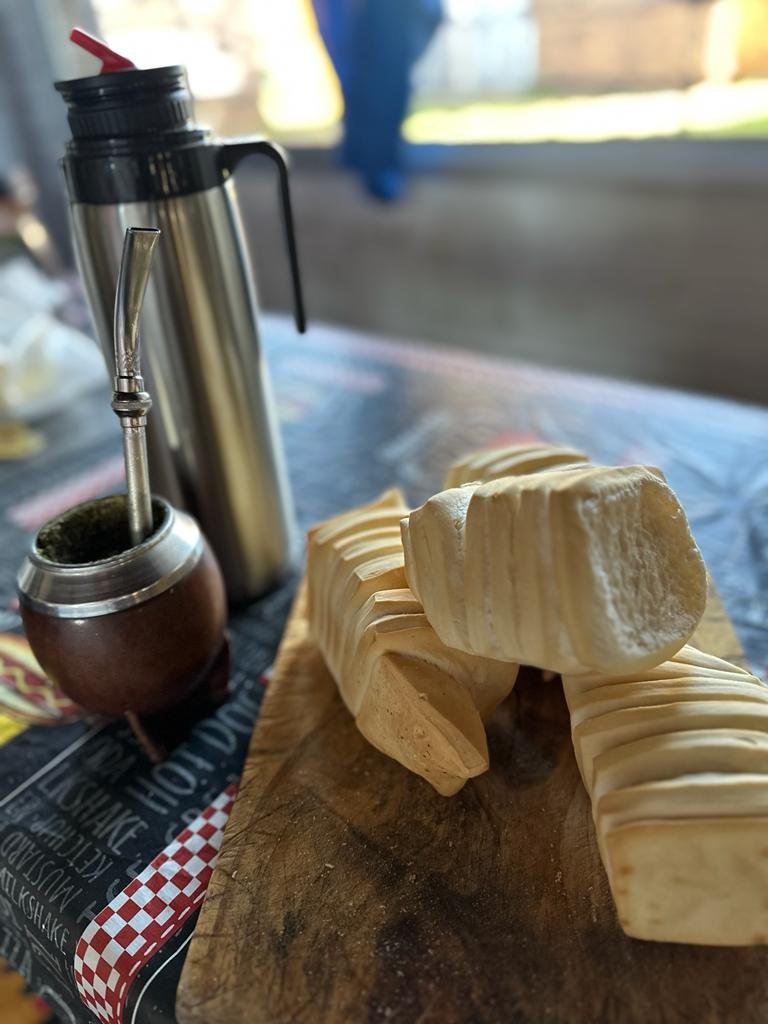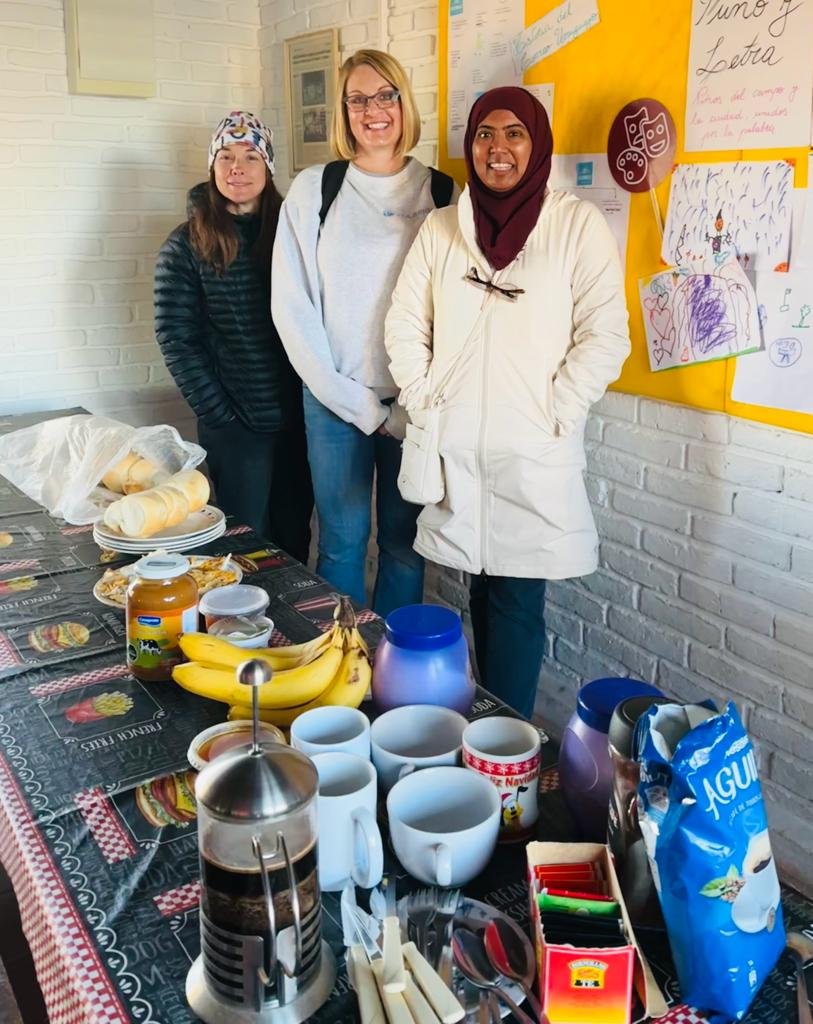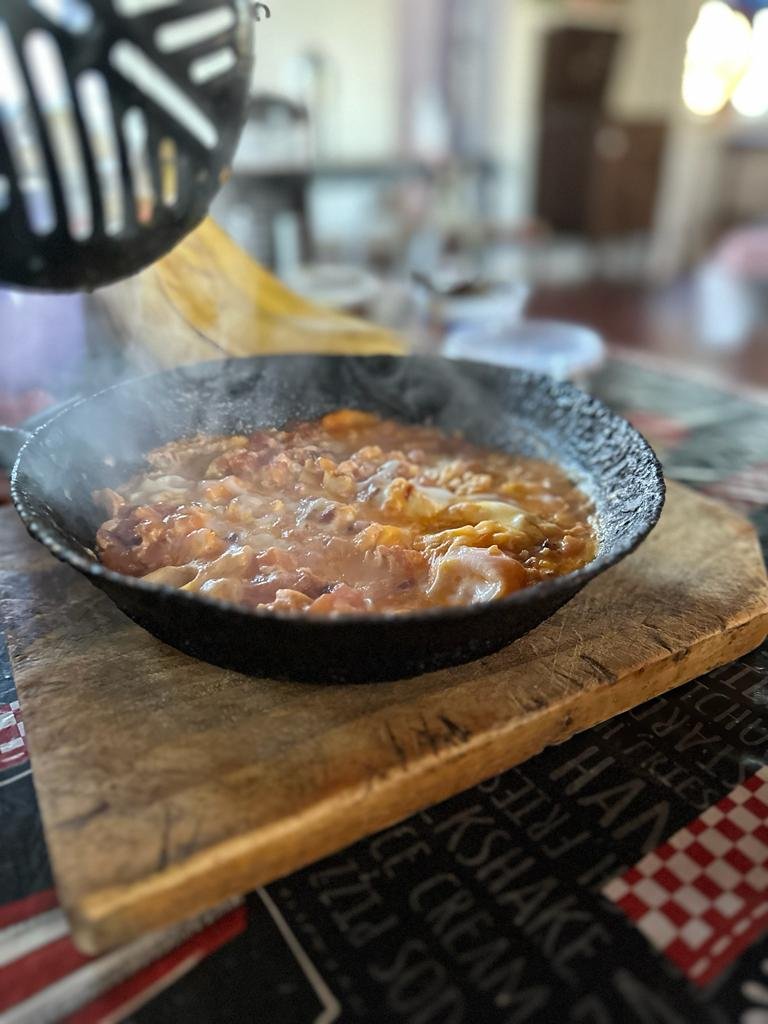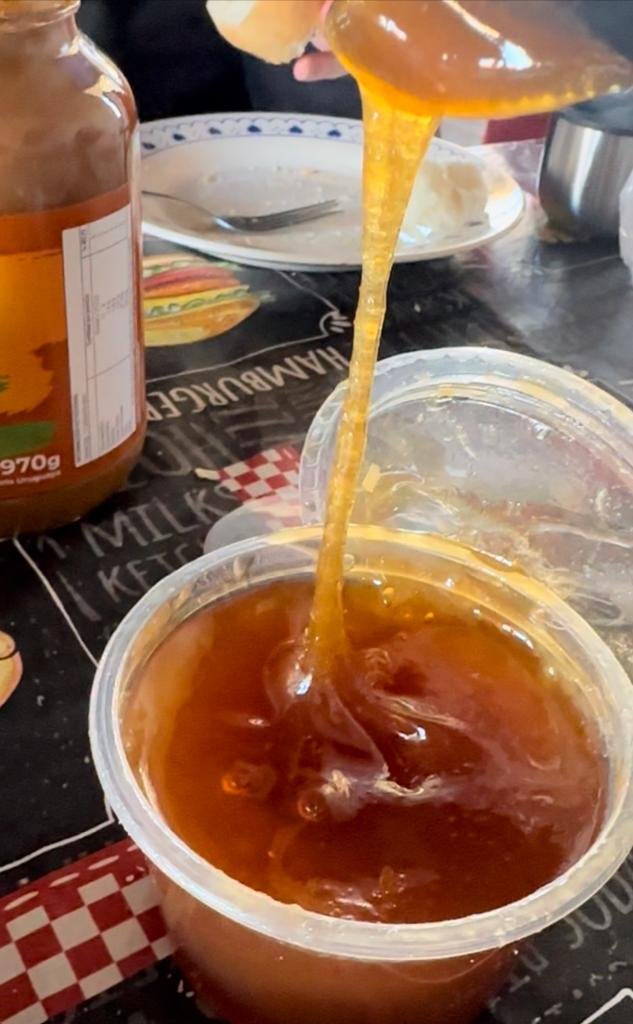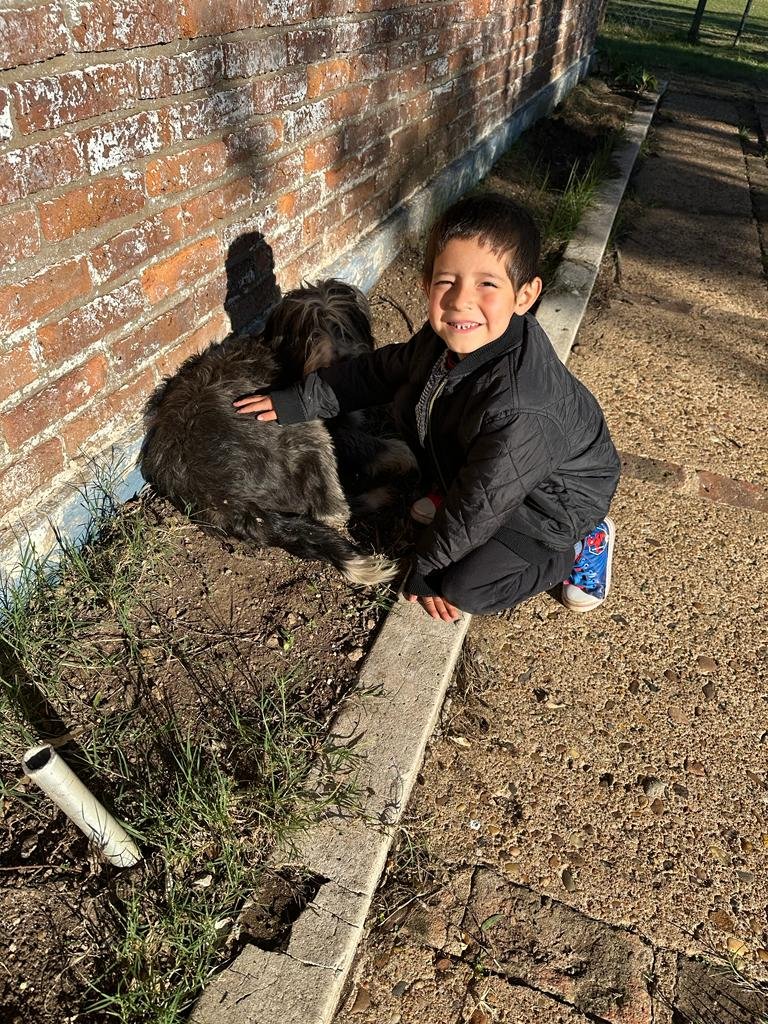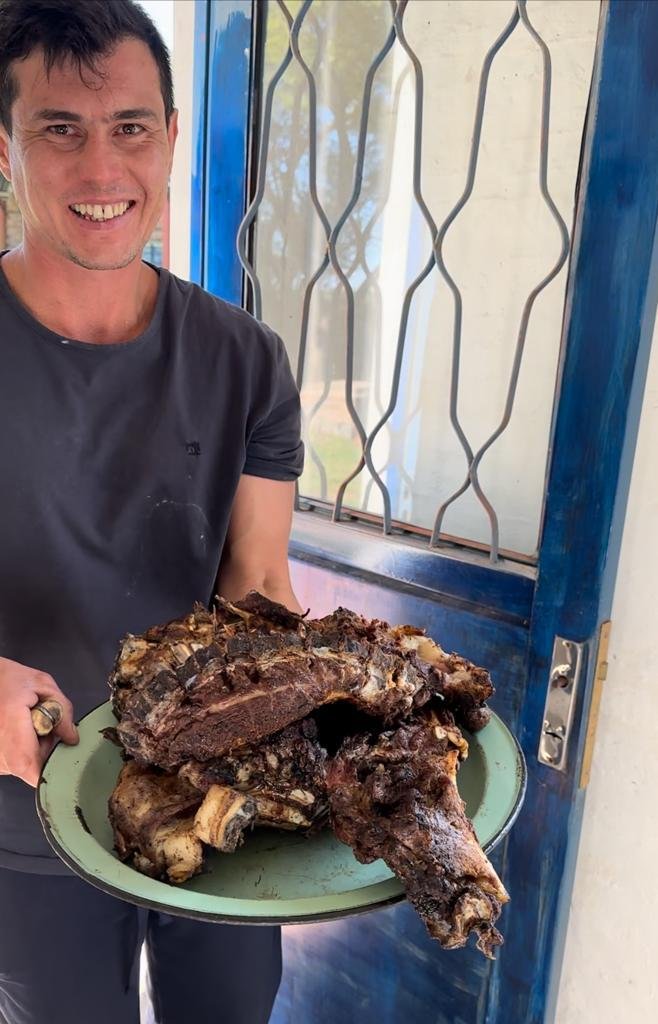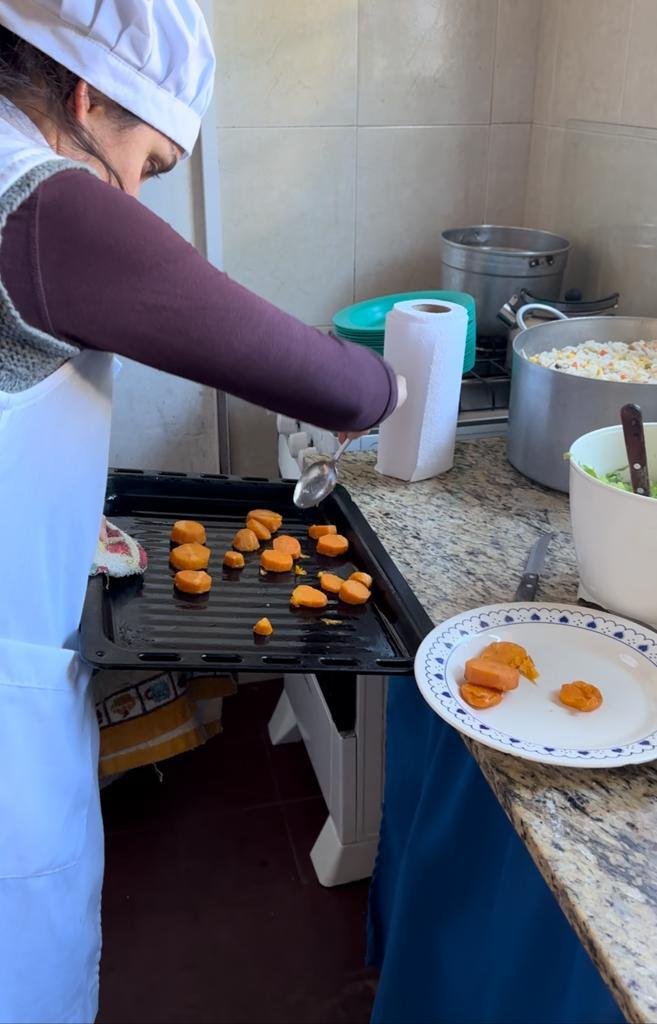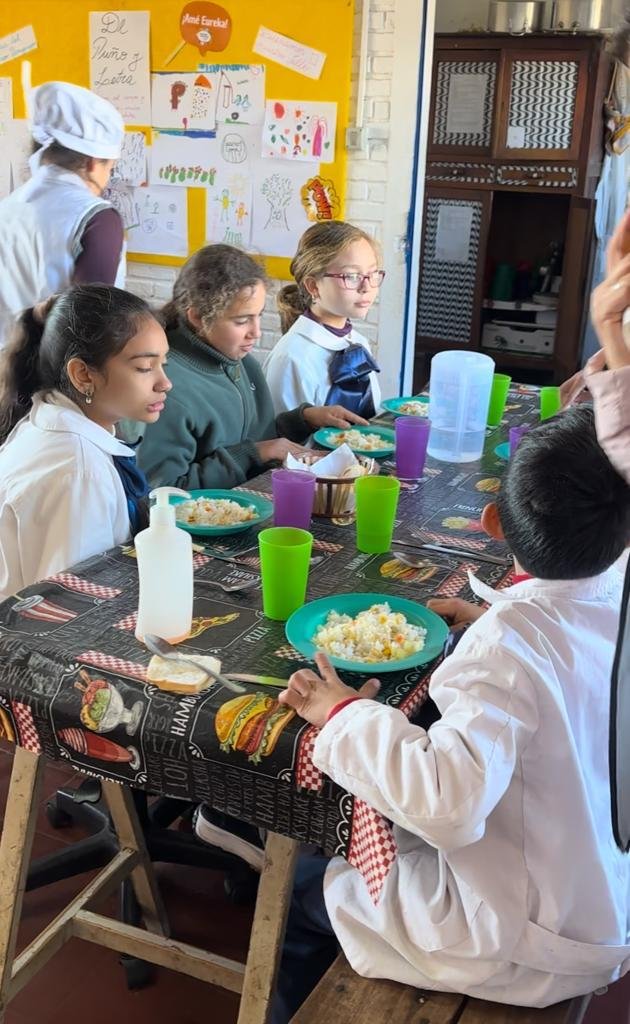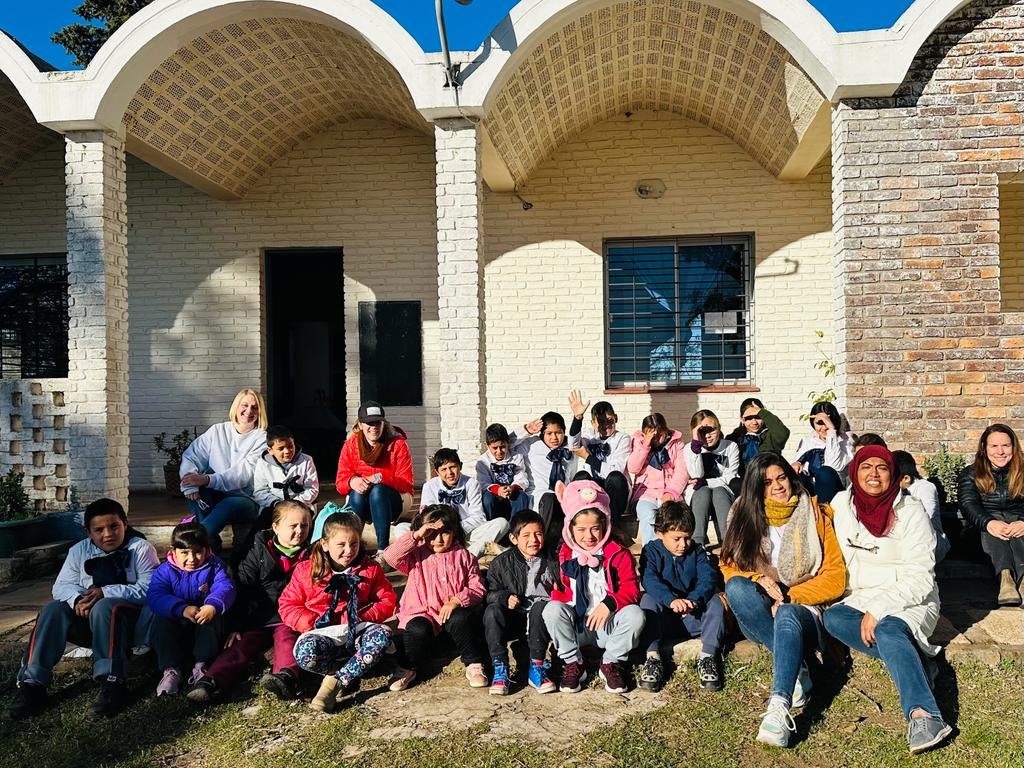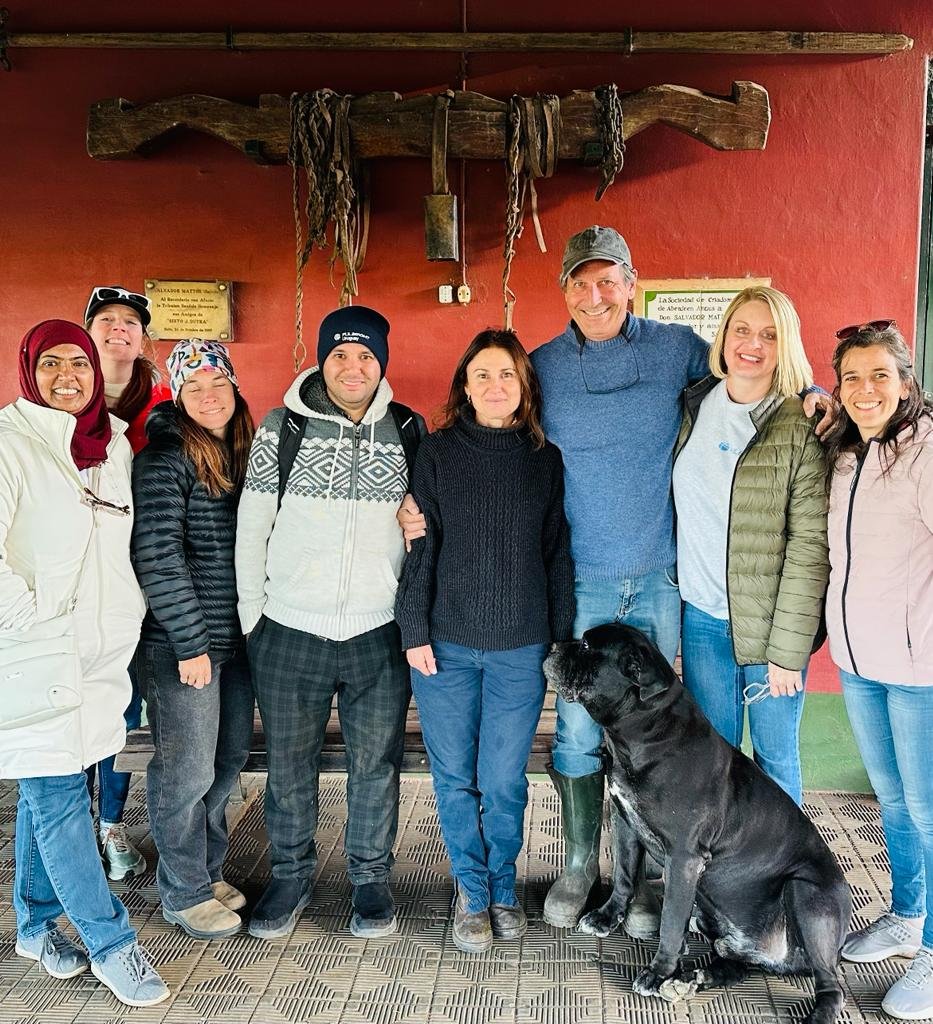a day from sunrise to sunset
Traveling to different parts of the world gives Fulbright fellows the opportunity to experience new cultures and ways of life. From the busy cities to the remote villages, every place has its own charm. Recently, we had the chance to visit a rural school in Laureles, Salto, and it turned out to be an unforgettable experience that we will always cherish. In this blog post, I will share my day with you and give you a glimpse of what it's like to visit a rural school in Uruguay.
Our host teacher, Ines de Lisa, picked us up from the hotel at 6:30 in the morning. We were all a little groggy, but the beautiful sunrise kept us awake and eager for the day ahead. We drove for about two hours before arriving at the school, located in a small town called Los Laureles. Ines had planned for us to cook breakfast together, and it was a wonderful way to start the day. Oktay Ince, our Fulbright fellow, helped us to make Shakshuka, a Turkish breakfast dish with eggs and tomatoes. Part of the joy of exploring new cultures is undoubtedly sampling the local cuisine. One of the highlights of our breakfast was the Uruguayan bread, also known as Pan de Campo. Its distinctive shape, crispy crust, and soft interior make it a perfect choice for any meal. We had this bread with cheese, fresh honey, dulce de leche, coffee, and Mate. The breakfast was the ideal way to start our day!
As the students started to arrive at around 9 o'clock, they were thrilled to see us. We started our day with a warm welcome and some icebreaker activities. It was fascinating to see children so eager to learn and passionate about their studies. We introduced ourselves and discussed our cultures and backgrounds, spurring some interesting conversations! Off-course maps always helped us keep track of the places we discussed. We learn about Ines's project, De puno y letra, a letter exchange between the city and the countryside to share the learning together. We discussed taking this project globally through technology. I am so excited to start this with my students and see what comes of this exchange. The class showed us their Quill Writing Center with a collection of decorative quills and papers. We wrote letters for the students using quills, and the students were so excited about writing with them.
We continued the day with a tour of the school, and we were astounded by how much Ines had been able to accomplish with the resources available. Parents came to discuss the projects and ask questions. We shared our professional backgrounds with them, which allowed us to create a bond of trust. The parents were so supportive and appreciative of the work that we were doing with their children. They were keen on knowing more about our cultures and exchanging perspectives on different topics. Our conversations with them helped us to understand better the community and their way of life.
Later, we took a walk with the students and the teacher to the nearby playground. It was a lovely walk, during which students showed us all the animal farms and their favorite trees to climb. We also chatted about their aspirations and dreams. The students were enthusiastic about talking about their family and community.
One of the highlights of this trip was the lunch. Despite being a Muslim and eating only halal meat, I was fortunate enough to taste traditional Uruguayan ASADO (Barbeque) during lunch. Our host teacher, Ines, with the help of Oktay, a Fulbright Turkish-Muslim teacher from Ohio, arranged a halal ASADO for everyone. It was an incredible experience for me to indulge in a cuisine that was not familiar to me and learn about the cultural significance of ASADO to Uruguayans.
As school time got over, students started to leave, and we bid farewell to the students and thanked them for allowing us to be a part of their day. We were happy that we could provide them with an opportunity to learn and share experiences from different parts of the world.
Our day was not over yet; we still had to visit a cattle farm, Cabana Bayucua, located in the SW of Salto province. Carlos and Maria, the 6th generation owner of the farm, welcomed us with open arms and showed us around the farm. We learned about their daily lives as ranchers, the challenges they face while raising cattle, and how climate change has affected their business.
The farm runs to some 5,000 hectares, 12% natural pasture and 8% grass as part of a stock and soil improvement program for rice production. María Mattos, the head of Bayucuá highlighted that "We are a family business with a great livestock tradition for five generations, and we hope it will continue like this for several more generations." The trip to Cabana Bayucua was a unique and memorable experience for me as it taught me about the culture of Uruguayans and their love for the land, family, and community. It also opened my eyes to the realities of climate change on a global level.
As the day ended and we headed back home with sunset in the background, we thought about this truly unforgettable experience with students, teachers, and the community. It was a memorable and educational day for all of us, and we learned so much about Uruguay's culture and agricultural industry. We returned with lots of gifts, memories, photographs, and a feeling of connection that will last forever.
